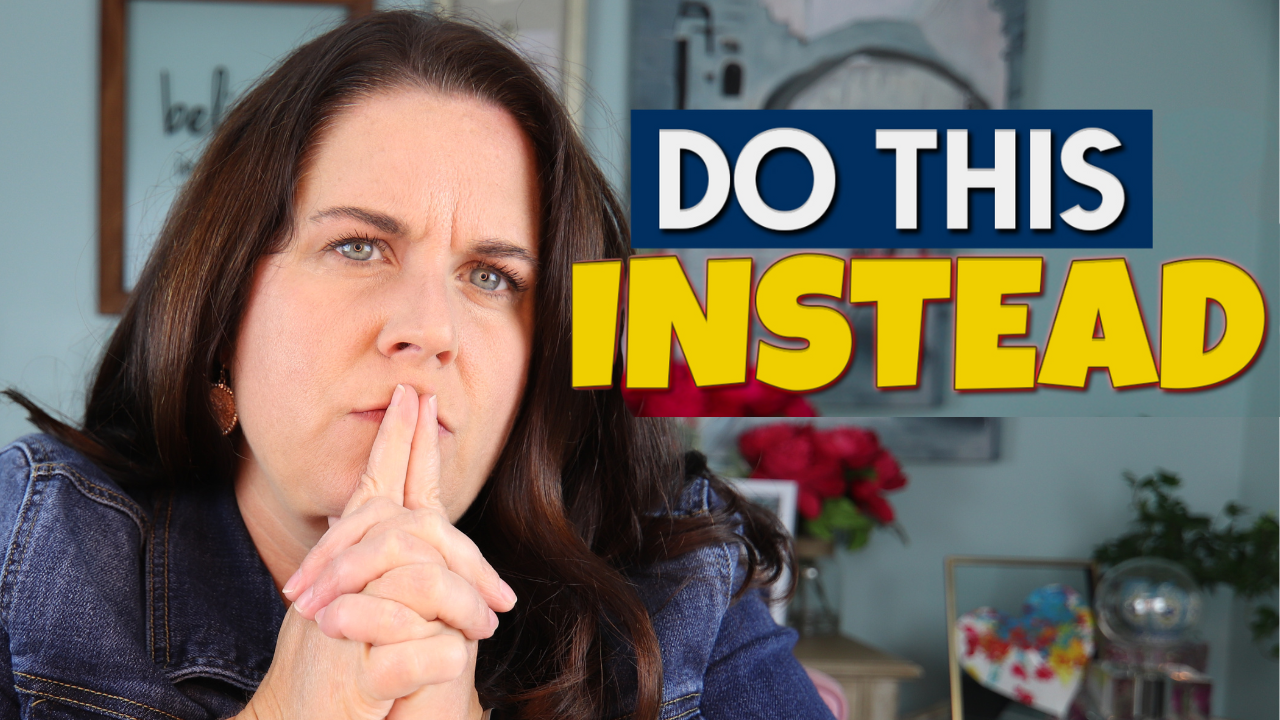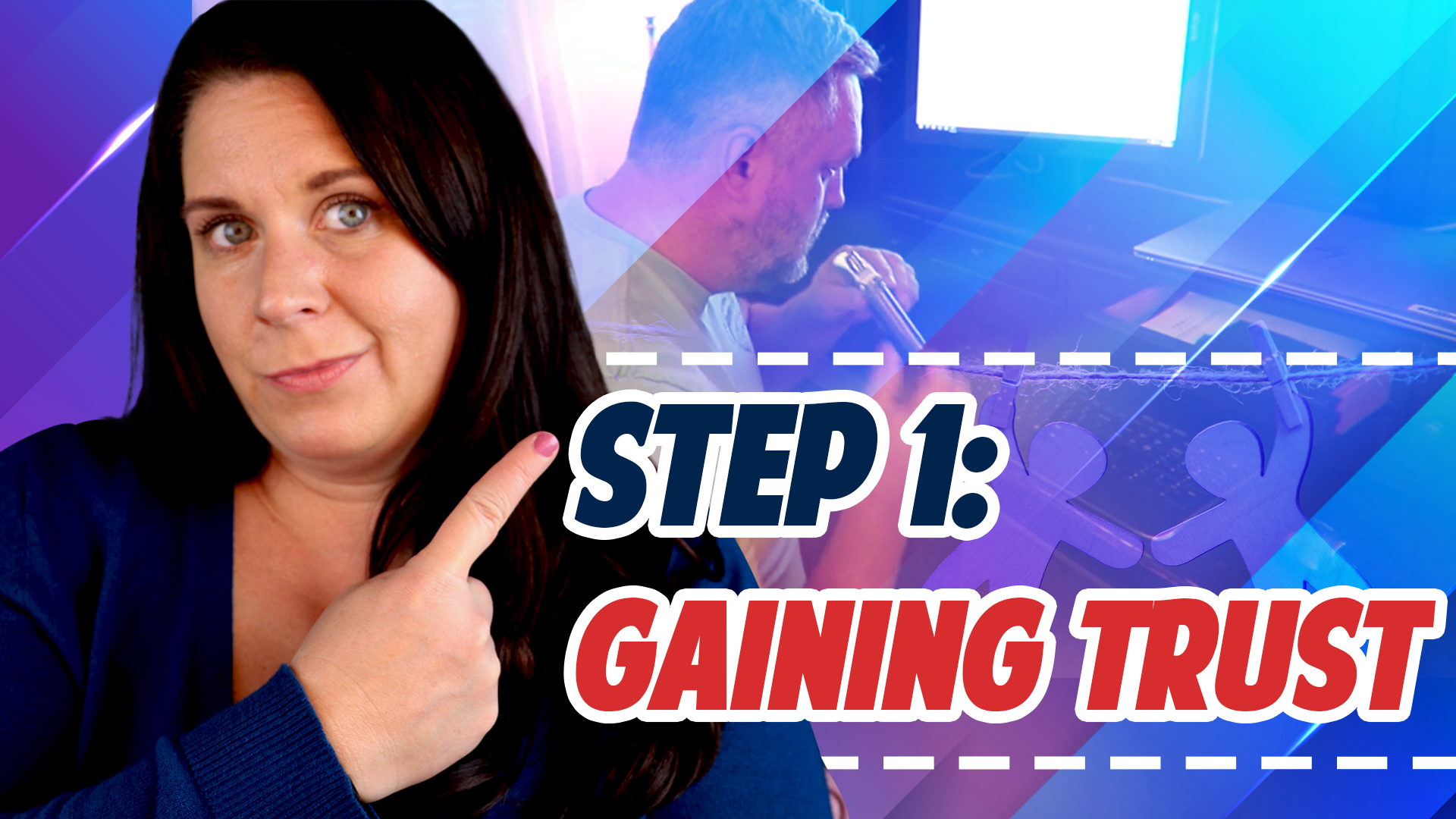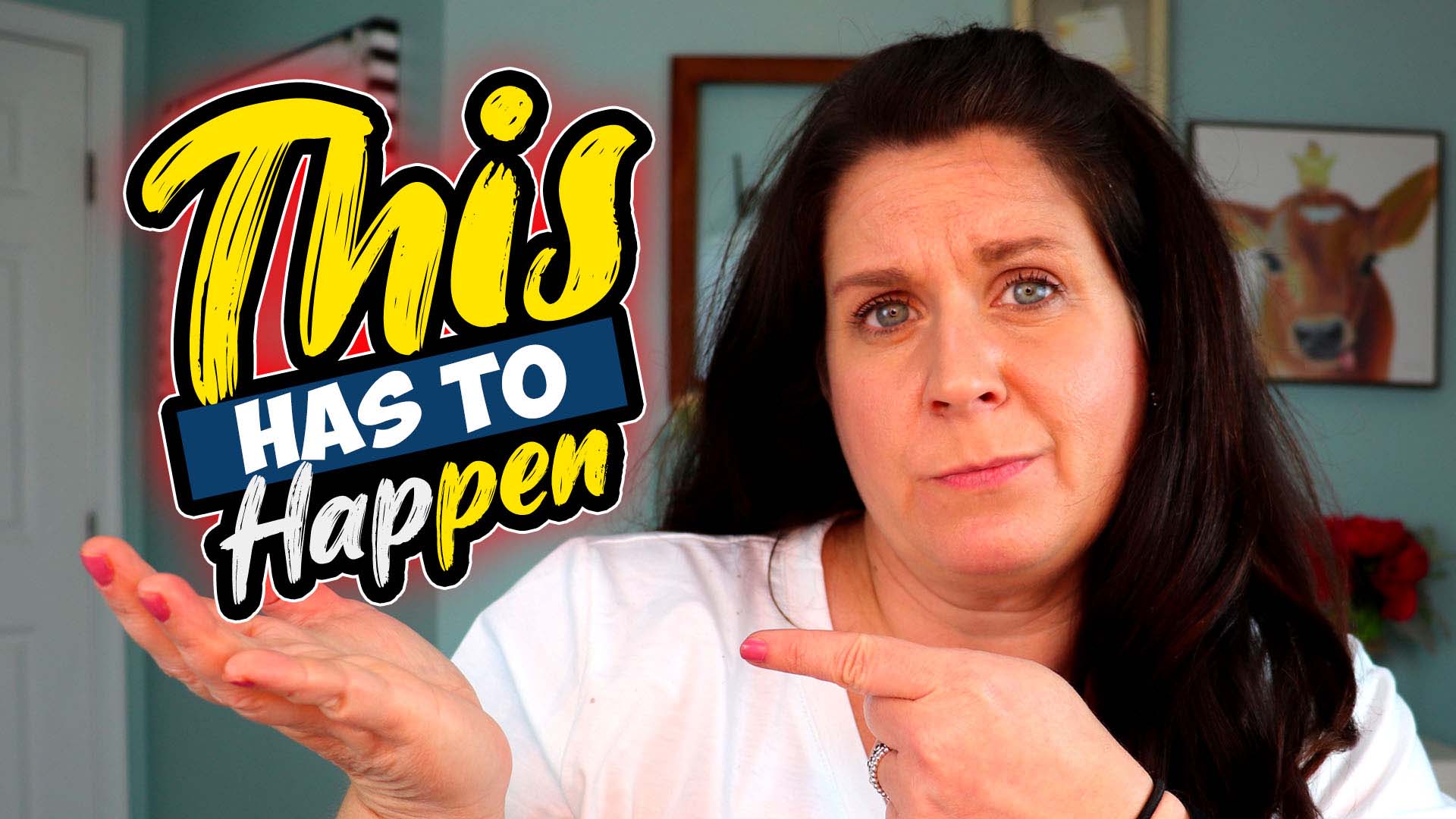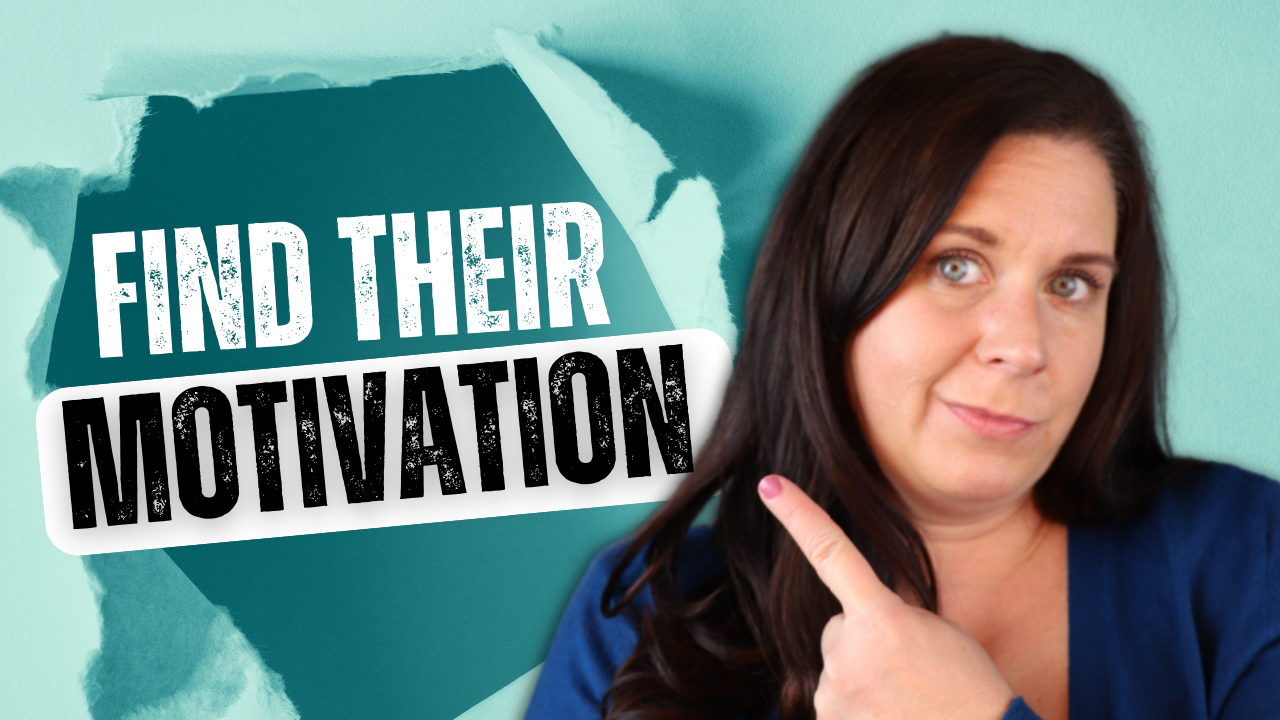Why You Need To Stop Telling Your Addicted Loved One They Need To Get Help
What if you're making things worse?
I know you're trying to help, but if you've been saying any of the following statements to your addicted loved one, you are only making it worse.
"You need to get some help."
"You can't do this alone."
"You have to go to treatment."
"Have you called your counselor?"
"Did you make it to your meeting today?"
When you do this, you're hitting their defensiveness button, and all they can think about is why you're all wrong.
Get them to conclude that your help would be useful and make them think it's their idea.
Timing is everything when it comes to addiction. Your addicted loved one will have moments of clarity. Usually, these moments come after some not-so-great things have happened. Wait for this moment!
How do you recognize those moments?
They'll say things like, "Man, I'm sick of doing this. I can't believe I did that again. I don't want to do this anymore." They will let you know out loud that they want to do something different and they're searching for something else.
When you have those moments, this is the time when you can kind of gently slide in a little recommendation. It's go-time. Think about it like it's that ACE card in the deck. You can only play it so many times, so wait until the timing is right.
This is crucial:
While waiting for this window to open, you should be doing your research behind the scenes. Before you ever mention anything to your loved one, you need to find out what options there are. What will insurance cover, what's important, and what might best suit your loved one? I strongly encourage you to go ahead and do that now, even if you don't think your loved one is close, because the last thing you want to do is scramble around trying to put this together. If they're willing to get more help, you need to be ready to act quickly.
If you're not sure where to start with that process, here's a link to my free Insider's Guide to understanding addiction treatment options. You will see various options, what to look for, how much it costs, etc. DOWNLOAD FREE!
You've done the behind-the-scenes research. Now the window's open, and this is your moment to make your suggestion. This is what you've been working for and how you do this is extremely important. This may seem like a strange metaphor, but to me, it's like walking up to a wounded animal, and you're trying to help it, but it's scared. If you approach it aggressively, it will bite you, even though you're trying to help. You have to be very careful and deliberate about how you do this, or you might get bit.
How do you approach this subject?
Calmly and casually.
A calm and casual demeanor is everything because if you're not, you're fearful, angry, or reactive energy will hit their defense buttons, and their walls will go up. Do not trigger the alarm system.
Ask them a question about what they think would be helpful. They might even come up with solutions on their own.
Always give someone more than one option. Otherwise, they feel like it's an ultimatum. When you present these options, if they say, yeah, that might sound good. If they say I've got questions about that, or I'm not sure about that, then say, Would it help if I called up and asked some questions for you, what questions do you have?
Most people want to know how long the program is, what the rules are, can you have your cell phone or your laptop. Can you use nicotine while you're there? These are some common questions, especially if what you're looking at is like an inpatient detox or residential program you want to offer to be of assistance.
A lot of addiction counselors and people in recovery will tell you they have to make these phone calls, and they have to put all these things in place, but I'm telling you, in my opinion, you need to do as much of the legwork as the treatment center will allow you to do.
There are a couple of good reasons for this. First and foremost, your loved one, even though their window is open and they want to change, they're still scared about it. If they call the treatment center, somebody's probably going to say something that hits one of their fear buttons, and they're going to shut down.
To avoid that, you can help explain some of the answers to the questions you know your loved one can absorb. Another reason you want to make these phone calls or ask these questions is that it's exhausting. It's frustrating and annoying. It even makes me angry every time I have to do it. If you are in an active, addictive state, or even worse, if you're in withdrawal, then your tolerance and ability to navigate those conversations will significantly decrease.
Amber Hollingsworth
Watch Steps 1-3 on How to influence someone to get sober
Step #1 Gaining Trust
Step #2 Consequences + Empathy
Step #3 Find Their Motivation




